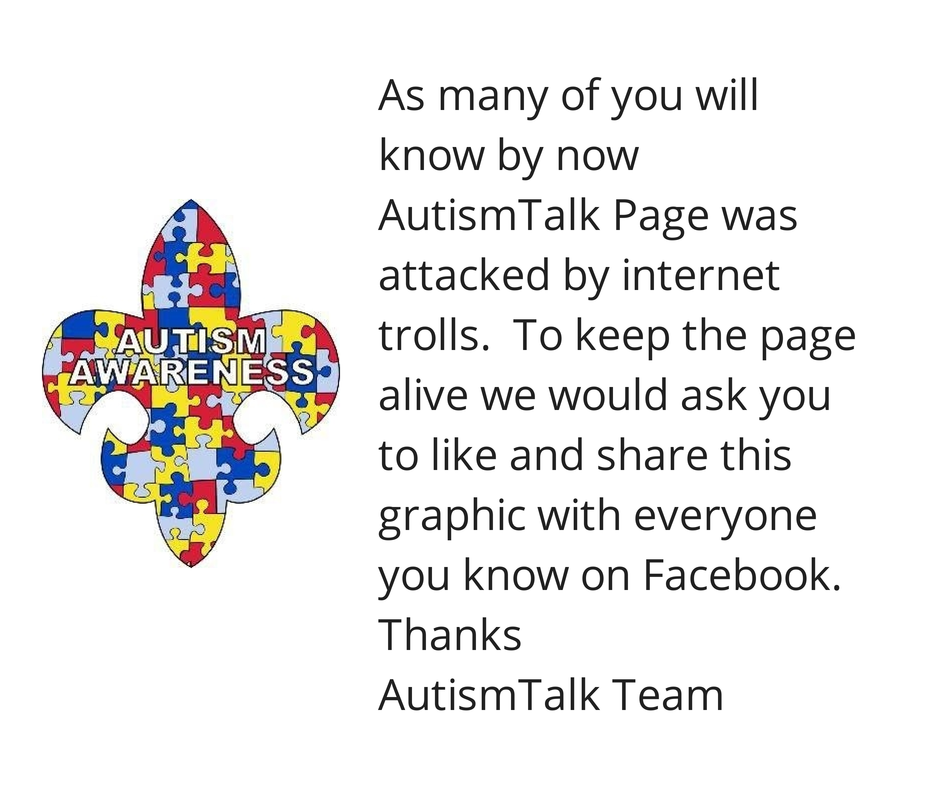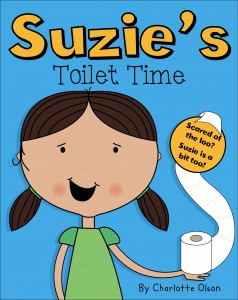
Autism and sleeping
Actually this is also an issue shared by most parents/caregivers of children when they are first born. One can tell parents of new born babies as they walk down the road by the zombie-like expression on their faces and occasional habit of going to sleep mid-conversation.
Problem is that for parents of children with autism this can go on for a long, long time after other children are snuggled up in bed.
In AutismTalk (https://www.facebook.com/AutismTalk), our Facebook discussion page, people often write in asking questions about how best to get their children with autism a good night‘s sleep.
Now, I should mention that our son John has over the years developed reasonably regular sleeping habits. Although he is a nightmare when jetlagged. But then so am I……………..
These days he sleeps from around 10 o’clock in the evening to around 7 o’clock the next morning. So we know we are doing pretty well considering. That being said he likes to have a snack before going to sleep (in his case either an apple or a pear) and needs to be cuddled as he drops off. Oh, and he will often re-appear in the middle of the night to check we are okay.
I can generally tell when this has happened by the kick which emanates from the middle of the bed where he has placed himself. He has a bath generally after his supper a few hours earlier.
But I know that even though he goes to sleep much later than we would like we are much better off than many parents. Indeed I’ve heard of some children and adults who hardly sleep. Sometimes just a few minutes at a time.
The aim of this blog post is to give you an opportunity to share your autism and sleeping story. In particular what methods you have employed to improve the situation. You might like to consider some of the following questions when giving your comments and sharing your experience:-
1) Can you describe your or your loved one’s sleep patterns and how they have developed/changed over the years? For better or worse?
2) If you or your child has poor sleeping patterns what effect does this have on the people around your?
3) What techniques have you used to develope a more “normal” sleeping pattern?
4) How successful have they been?
Please feel free to share anything with our readers you think will be of value in the comments section below.
Finally, is it possible for it NOT to be a problem that somebody only sleeps for a shorter time than the eight hour norm? I know a number of people who really only sleep for a few hours a day and do not suffer from sleep deprivation. Is this ever the case with a person with autism?
Thanks very much in advance.





